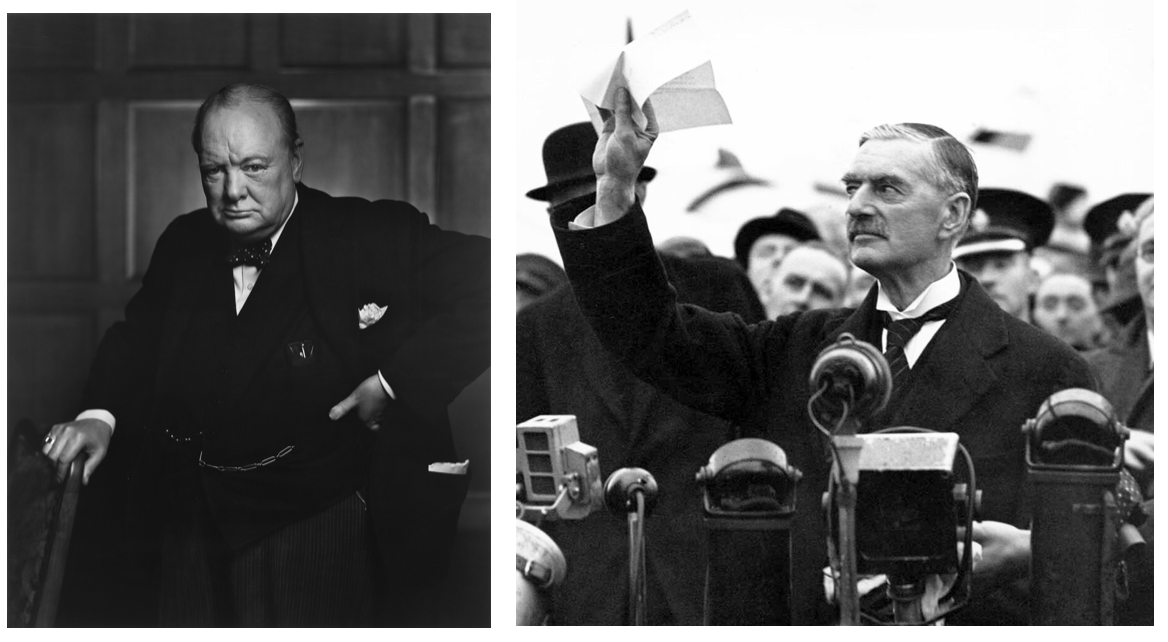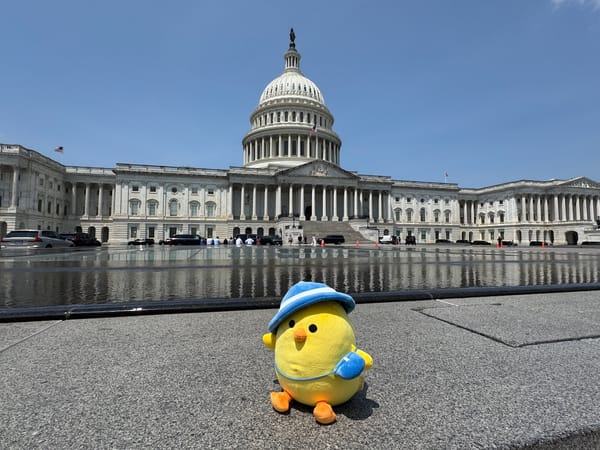The Remains of the Day
A few days before the Korean President's election, a famous general partner of a Korean VC firm mentioned that one in a leadership role in a company had better not mention their political preference. And some arguing followed.
There have been several similar arguments in the US. One of the famous might be the Basecamp case. Last year, Basecamp co-founder Jason Fried (the author of once my favorite work bible "REWORK") prohibited employees from talking about politics in the company.
I agree with the fundamental cause of those discourses: (my guess) "Don't be distracted and focus on works." If a company has a mission unrelated to political issues, this might be a pretty reasonable request from the employer. The political debates might cost the performance a lot. However, I believe that we must NOT 'ban' the political discourses in a company. It is too complex/ambiguous to decide which thing is political or non-political: because politics affect every aspect of our lives. A trivial issue to us might be an existential issue to someone. Anyone should be able to raise their voices if they feel their raison d'être is threatened. Even though they only have the power to walk out.
Appease troubles might look wise and considerate. But sometimes, we get to know that it just procrastinated the catastrophe. In "The Remains of the Day," Stevens shows his unshakable respect to Lord Darlington for his sympathy and longing for peace. Yet, we all know how history decided between who yelled only hatred and anger and who held up the proof of the peace.




